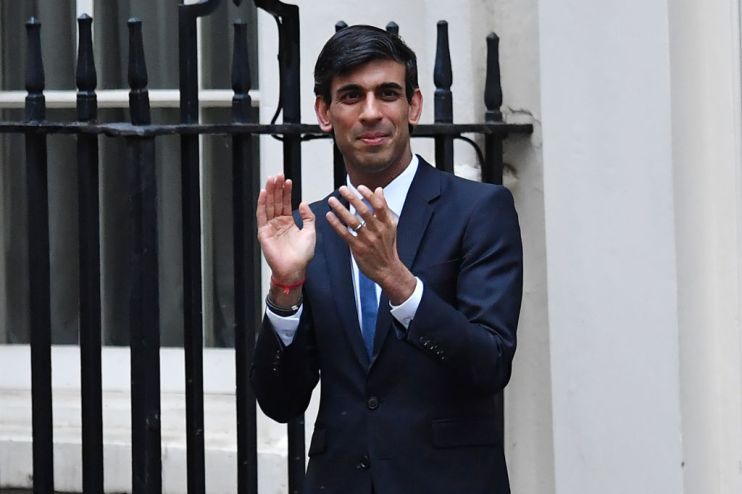Let the economy reboot itself

How can the government best support the UK’s economic recovery after the crushing impact of the pandemic?
Today, the Institute of Economic Affairs and Civitas are publishing a joint report on the economics of the Covid-19 crisis, written by Professor Len Shackleton and myself.
Many are arguing that the crisis has demonstrated the need for permanent increases in government intervention and in public spending. We come to exactly the opposite conclusion.
In fact, Covid-19 has highlighted the flexibility of private businesses and civil society — and illustrated many weaknesses in state planning.
We also disagree with those who are calling for a huge fiscal stimulus to kickstart the recovery. These calls misunderstand the problem.
The coronavirus crisis is crippling the economy in two main ways. The first is the direct impact of the emergency measures that the government is taking to protect health, including outright bans on certain activities (the lockdown) and severe restrictions on others, such as the social distancing rules and quarantine for international travellers.
The second is the subtler impact on confidence. Many people will understandably be reluctant to return to “business as normal” as long as they fear for their health, their jobs, or their future tax bills. The post-pandemic world may change many ways which are not possible to predict. This means that the economy may be slow to recover, even after the official lockdown has been lifted.
Nonetheless, we cannot deny that activity has slumped primarily because the state itself has temporarily shut down large parts of the economy. Indeed, the official lockdown would have been pointless if it did not have some additional effects on behaviour.
The single most effective thing the government can do to reboot the economy is therefore lifting the lockdown — in other words, interfering less, not more.
This is not to downplay the dangers. In particular, there could be substantial frictional unemployment as people who have lost jobs take time to transition from one sector to another. But if markets are liberalised and allowed to operate freely, the recovery may still be quicker than many fear.
The relative flexibility of the UK economy and labour markets should help activity and employment to bounce back, provided businesses and employers are not saddled with too many additional costs. Again, the best way for the state to help would be to get out of the way and stop trying to regulate almost every aspect of economic and social life.
This means getting rid of planning rules which hinder the transformation of the high street and a fundamental rethink of planned increases in the National Living Wage. The key to rebuilding a prosperous economy that benefits everybody, especially those “left behind”, will be to restore full employment, not to price workers out of a job or disincentivise them from seeking work.
For now, there is no need to panic about a temporary increase in the budget deficit, even a very large one, and no case for tax increases, which would slow the recovery. The jump in public debt should be readily financeable at low interest rates and the burden will fall over time as the economy rebounds.
However, the sharp deterioration in the public finances does weaken the argument for even more fiscal stimulus. Instead of artificially stimulating demand and “creating jobs” (an odd phrase, given it has been government restrictions which have destroyed jobs), the focus should be on measures that help the supply side, including targeted tax cuts and deregulation.
The gradual easing of the lockdown and the return of consumer and business confidence should be sufficient to kickstart the economy.
In summary, the state has had to step in to protect businesses and jobs while the economy has been shut down. But with the public health emergency now easing, the government should move aside and let markets work properly again.
Rebooting Britain: How the UK economy can recover from Coronavirus is available here.
Main image credit: Getty